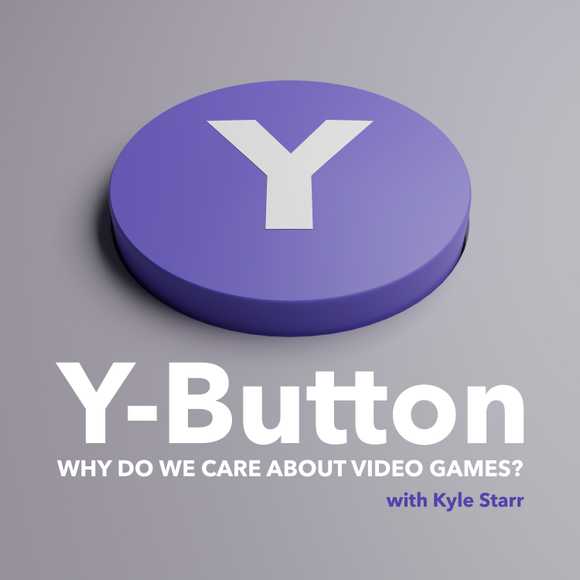Avoiding Hell
So it’s been a bit of a crazy week for us! It all started when a little game called Hades 2 released - you might have heard of it?
Seeing as everyone and their mum is playing that game (including our entire team… and their mums), we have decided to let people have their fun with it before we release The Rogue Prince of Persia.
We will still be releasing in May and will be back with a precise date on Monday.
While we have every confidence in The Rogue Prince of Persia, it’s not every day that a game in the same genre as you, which is one of the most anticipated upcoming games of 2024, will release into Early Access a week before you plan to do the same.
Years ago, I wrote about self-competing and time blocking. While I’m not sold on the conspiracy, it remains true that the year-by-year, month-by-month deluge of amazing games has titles eating each others’ lunch. Hades 2 — the sequel to one of best and most hooking games ever made — is certain to eat everyone’s lunch. This announcement from Evil Empire is the sort I’ve been yearning to see.
As calendars become packed with incredible releases, many developers and publishers have found their highly anticipated game gets overshadowed by an even more highly anticipated game releasing in the same window. More often than not, it’s impossible for release dates to shift due to in-flight marketing campaigns, resource forecasts, and release management on various platforms.
Seeing as this delay is specifically for the Early Access (beta, more or less) version of The Rogue Prince of Persia, Evil Empire and Ubisoft have the benefit of a much smaller impact for delaying. Still, it’s a small step in the right direction. Even more shocking that this is an Ubisoft title. Maybe I’m naive, but I didn’t have “Ubisoft approved game delay” on my bingo card.
My favorite part:
This also lets us keep polishing up the game, add even more cool things and kick some stubborn bugs out before release. The Day 1 patch was getting pretty hefty, so gaining more time to test it and add more stuff before launch day has considerably lowered the stress levels of our producer and game director already!
Wonderful move for both players and the team.

